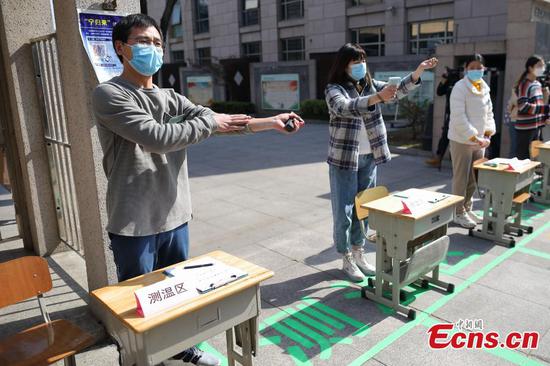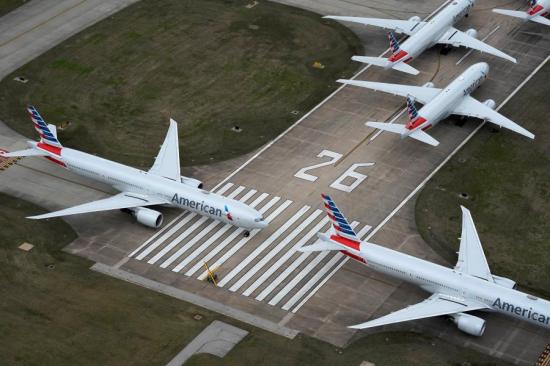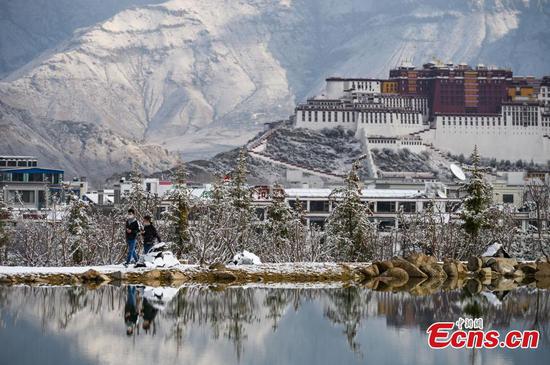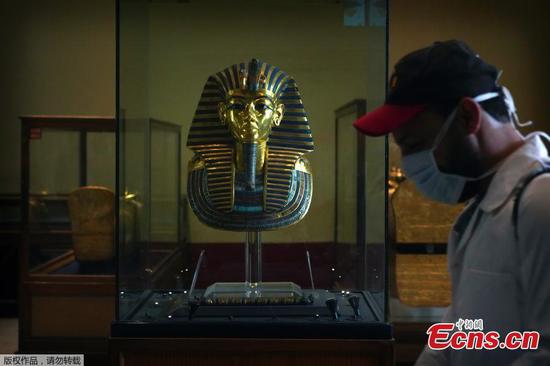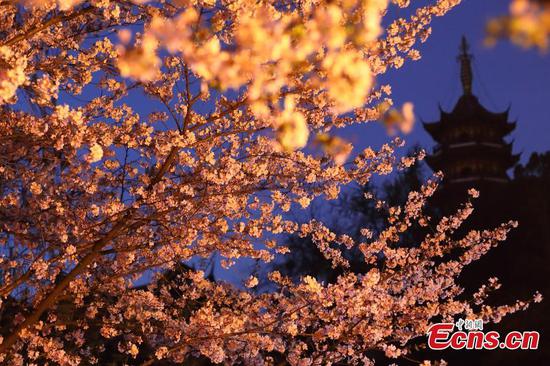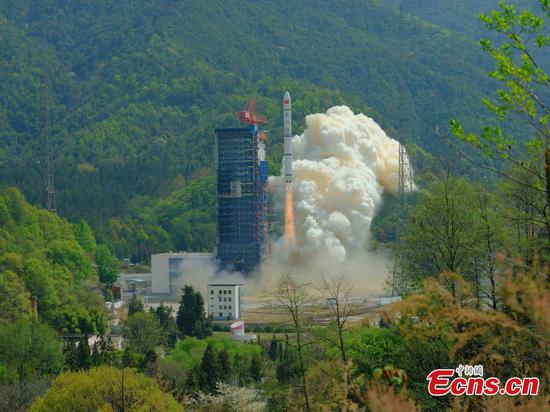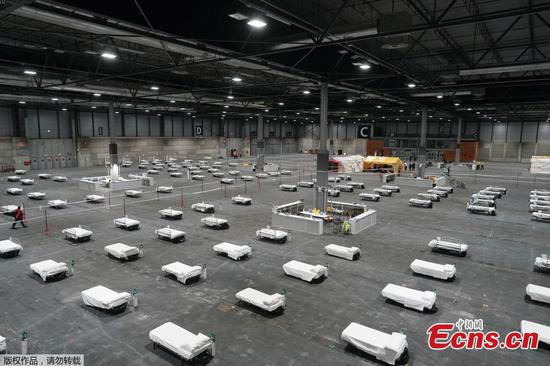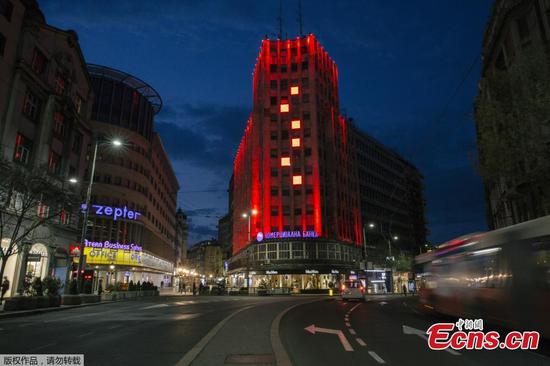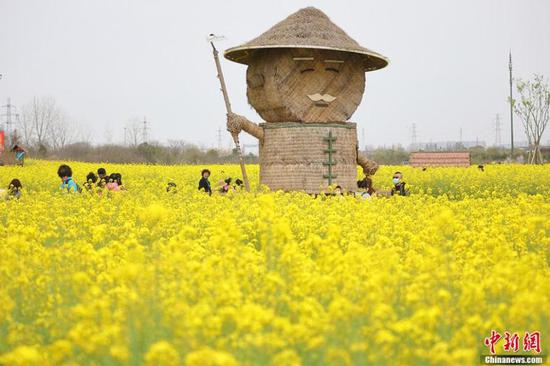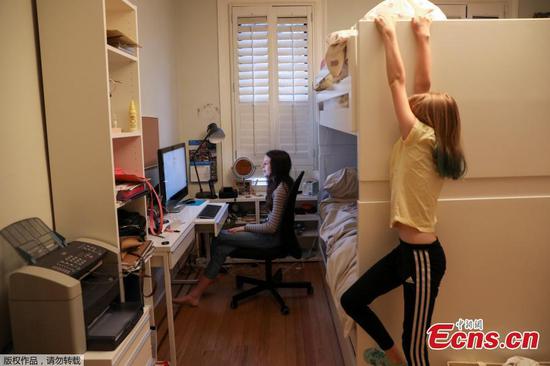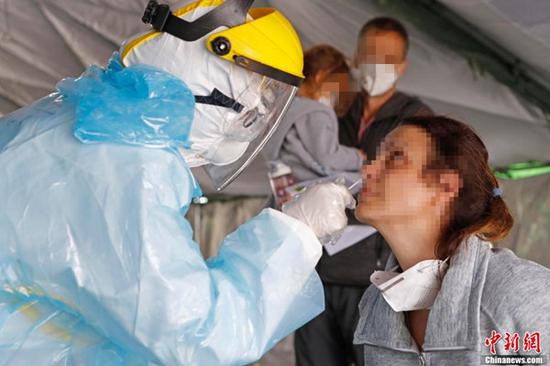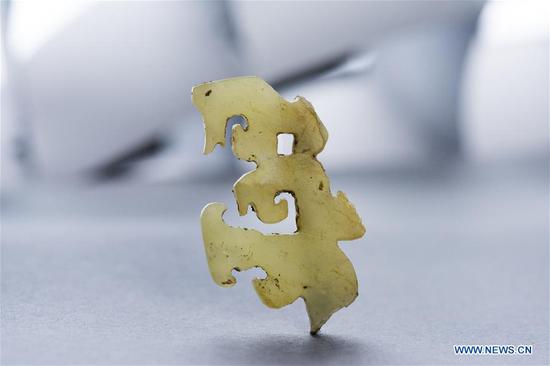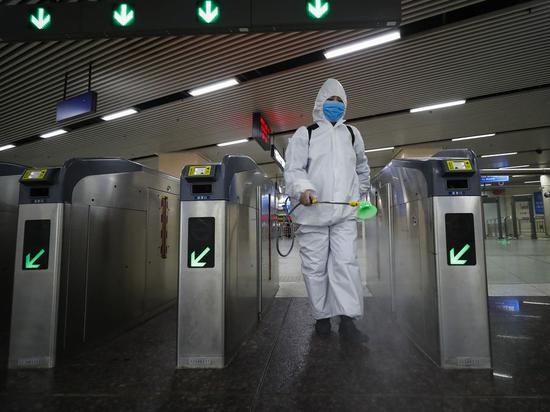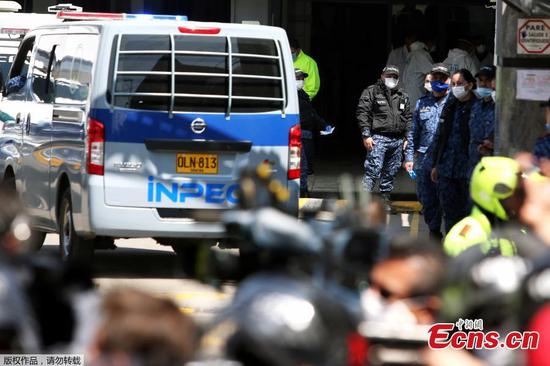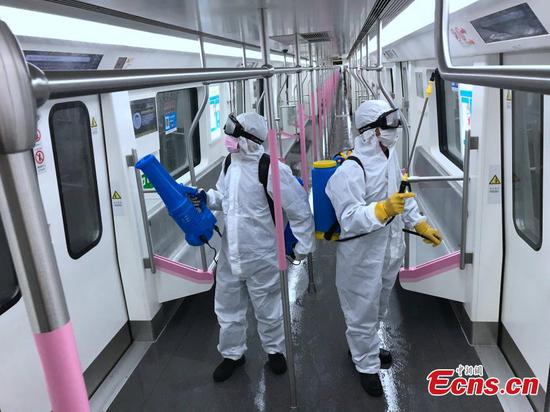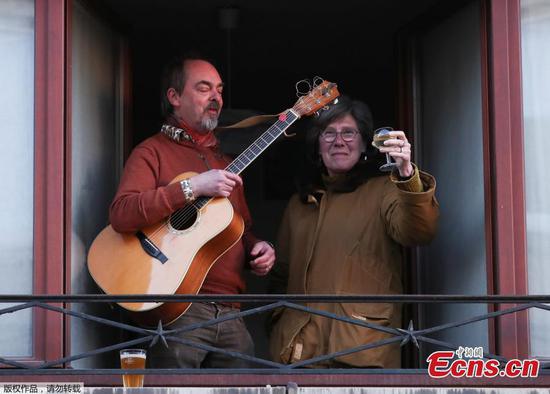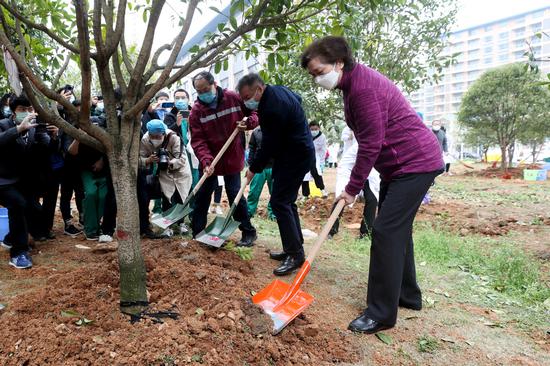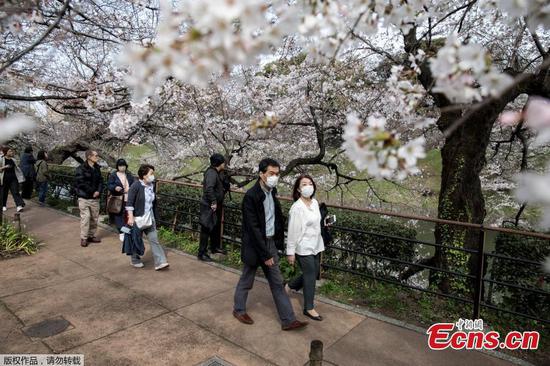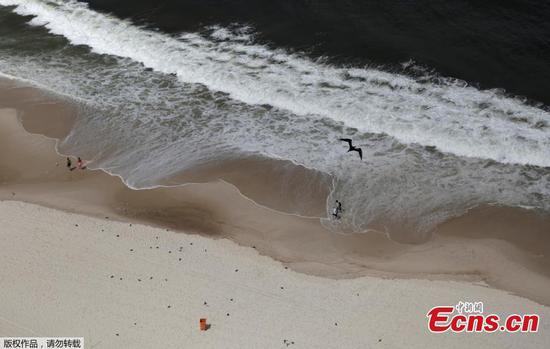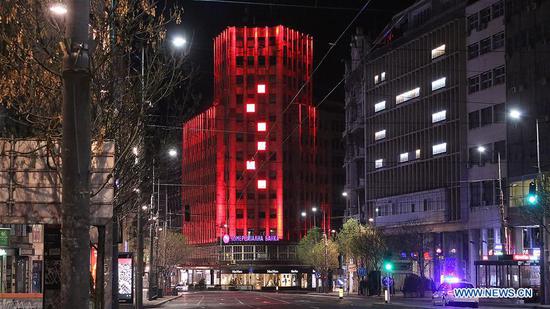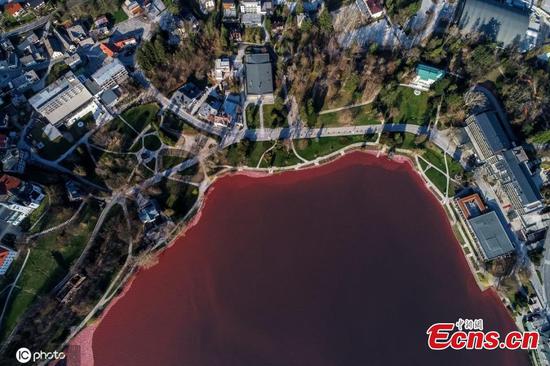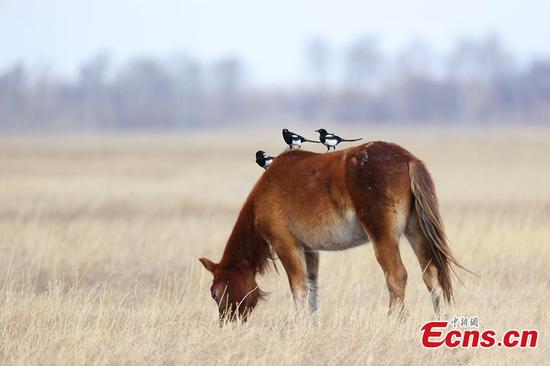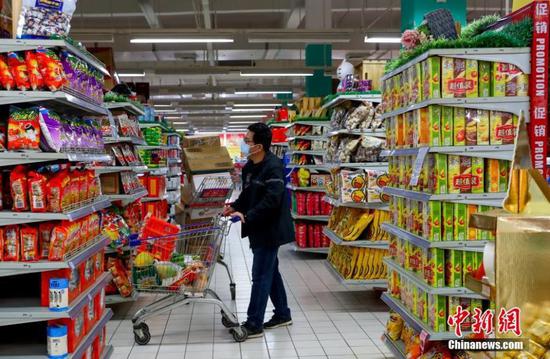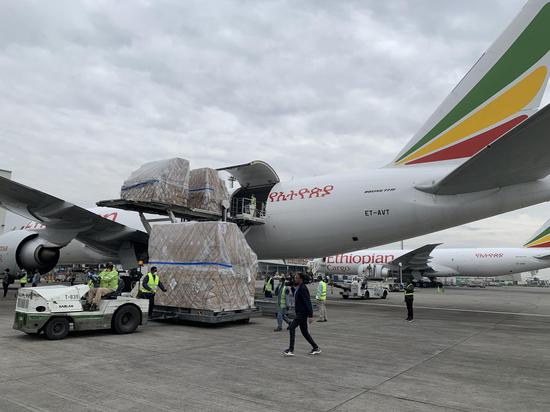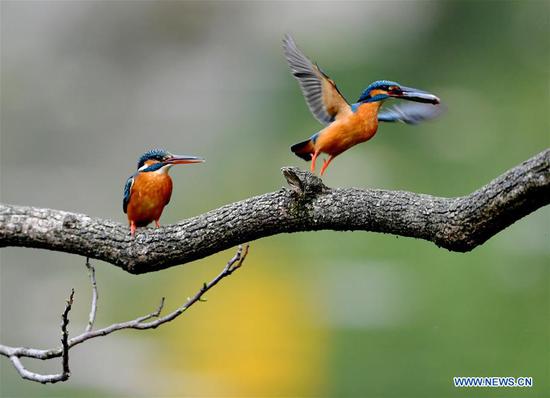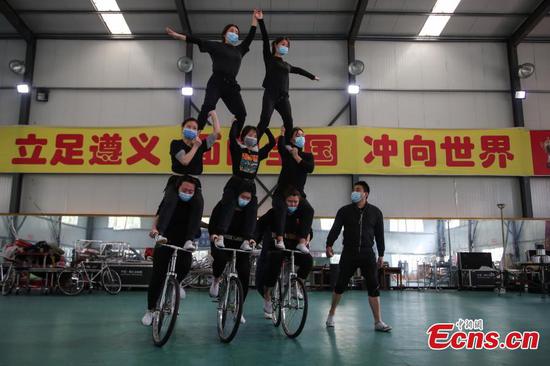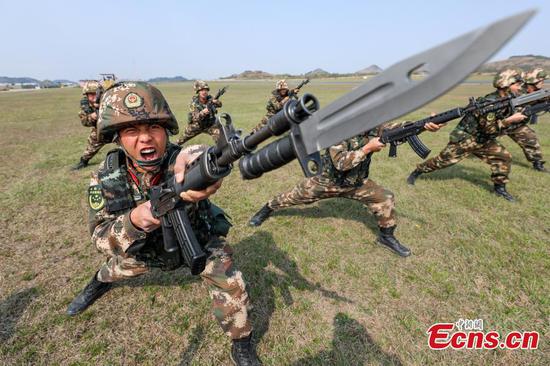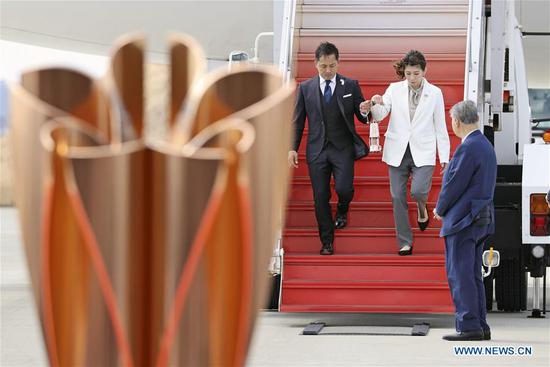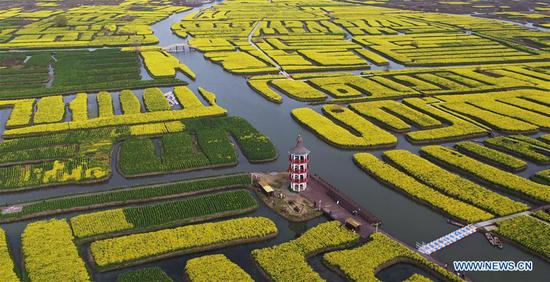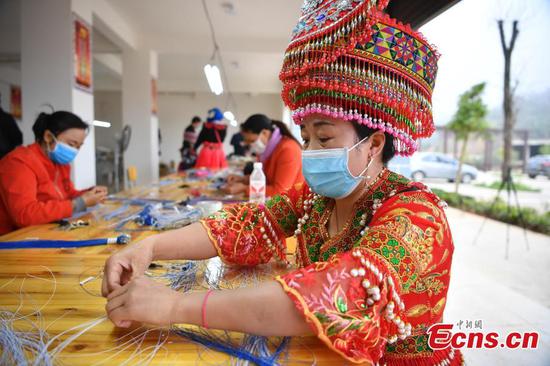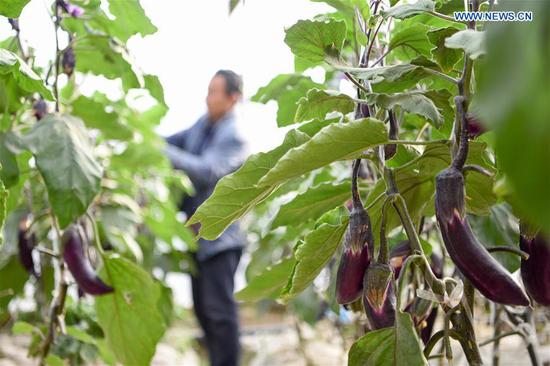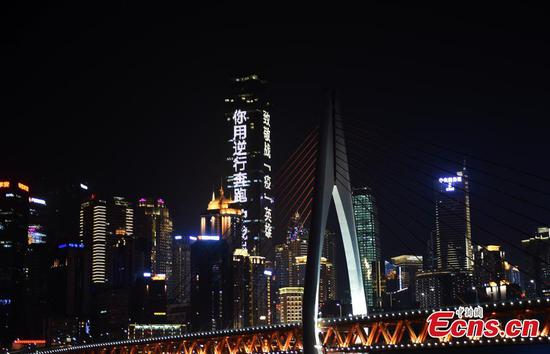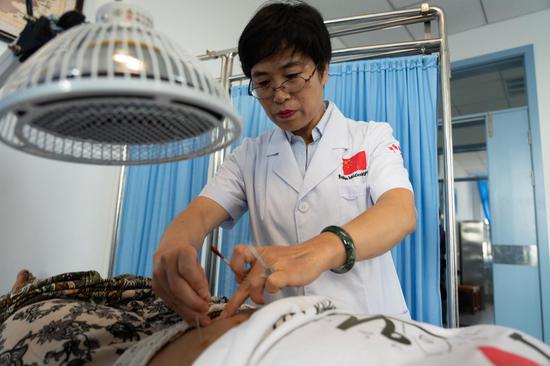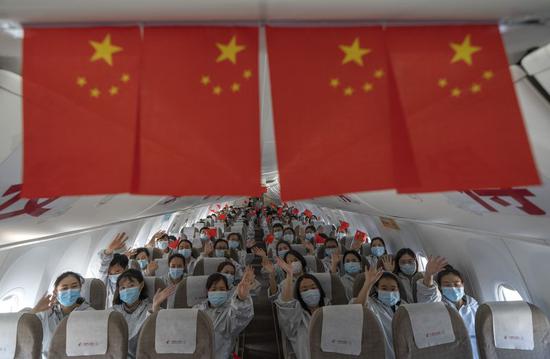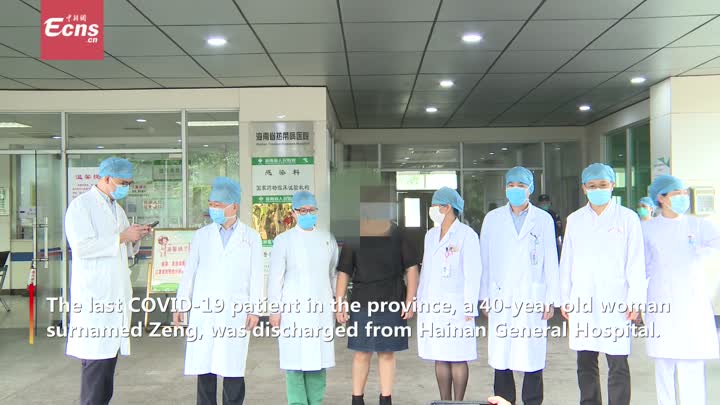Decision follows talks between Abe and IOC head on coronavirus impact
Japan and the International Olympic Committee on Tuesday agreed to postpone the 2020 Tokyo Olympic Games for a year because of the novel coronavirus outbreak, after Japanese Prime Minster Shinzo Abe and IOC President Thomas Bach held a teleconference.
In what would be a first in the 124-year history of the modern Olympics, Abe proposed a one-year postponement for the Games, saying it was unavoidable as the Games could not be held in a complete manner amid the pandemic.
In response, Bach expressed his full support for Abe's proposal.
"He (Bach) agreed 100 percent," Abe told reporters after the conference.
Under mounting pressure to delay the Olympics, the IOC said on Sunday that in the next four weeks, it would consider alternative scenarios for the Games, including postponement, but not cancellation.
Abe said the IOC's moves were in line with Japan's desire to host the Olympics in their complete form, meaning having spectators at the venues and without downsizing any of the events.
The unprecedented delay will be a major blow to host Japan and is certain to have a cascade of economic, political and social ramifications. It will also pose considerable logistical challenges to the organizers.
Not long ago, the IOC and the Japanese government had announced they would undertake a month-long consultation before making a final decision, but there looks to have been a rethink as an increasing number of voices joined the chorus of calls for a postponement.
The coronavirus outbreak has now infected more than 334,000 across 189 countries according to the World Health Organization, with over 14,600 deaths linked to it.
Efforts to contain it have led to major travel, commercial and social restrictions, which have also hindered the ability of many athletes to prepare for the Games.
Canada and Australia have already said they would not be sending teams to Tokyo if the Games went ahead as scheduled this year, while Britain said it was likely to follow suit after meeting with sporting body representatives on Tuesday.
The United States Olympic and Paralympic Committee said it had listened to feedback from athletes and was encouraged by a clearer path toward postponement.
World Athletics said on Monday it would be willing to move the 2021 world championships, scheduled for August in Oregon, to clear a path for a 2021 Olympics.
Meanwhile, Tokyo Governor Yuriko Koike, who also participated in the teleconference together with the head of the Tokyo 2020 organizing committee, Yoshiro Mori, warned of a possible lockdown of the host city.
Koike said the next three weeks were critical for whether Tokyo would see an "overshoot"-an explosive rise-in virus cases.
"It is possible that depending on developments we may need to take strong measures such as a so-called lockdown of the city," Koike said. "We must, in any case, avoid that. Therefore, I want to ask all of the people of Tokyo for your further cooperation."
On Tuesday, 59 new cases were detected in Japan, taking the total to 1199. And Tokyo saw 17 new cases, the biggest rise in infection numbers since the outbreak began.
Separately, Japan's Education minister Koichi Hagiuda on Tuesday unveiled guidelines for reopening schools.
The guidelines called for schools to avoid closed and poorly ventilated spaces, crowds of people, and verbal communication at close range, as Hagiuda pledged to reopen schools while taking sufficient precautions.
Agencies contributed to this story.









